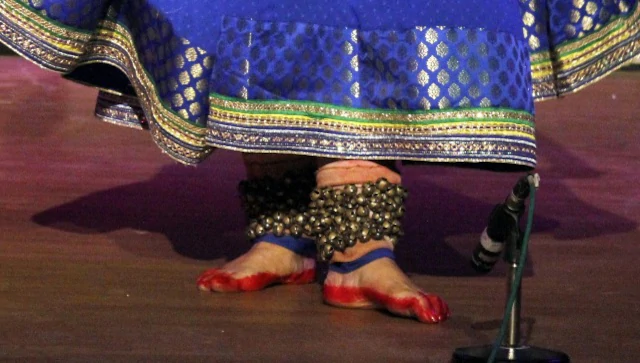Can diabetes affect your sleep and vice versa?

- Reporter 02
- 24 Aug, 2022
Sleep deprivation — a condition of not getting adequate duration and/or quality of sleep — has been linked to a host of health ailments, both mild and severe. According to a study published in the National Library of Medicine, “sleep disruption is associated with increased activity of the sympathetic nervous system and hypothalamic–pituitary–adrenal axis, metabolic effects, changes in circadian rhythms, and proinflammatory responses.”
Apart from several short-term consequences such as stress, emotional distress, mood disorders, and cognitive, memory and performance deficits, the study noted that sleep deprivation manifests itself as several long-term impacts, too. “Long-term consequences of sleep disruption in otherwise healthy individuals include hypertension, dyslipidemia, cardiovascular disease, weight-related issues, metabolic syndrome, type 2 diabetes mellitus, and colorectal cancer.”
Speaking about the same, Dr Narendra BS – Consultant Endocrinologist and Diabetologist, Apollo Hospitals, Bengaluru said that while there is no direct link between lack of sleep and diabetes, several studies have indicated that longer durations of less sleep can increase the risk of getting diabetes.
Agreeing, Dr Srinivasa P Munigoti, Consultant Endocrinologist, Fortis Hospitals, Bannergatta Road, Bengaluru said: “It is true that sleep affects metabolic health, including glycemic control.”
How does it happen?
In a 2015 research published in Diabetologia, the journal of the European Association for the Study of Diabetes, lack of sleep can elevate levels of free fatty acids in the blood, accompanied by temporary pre-diabetic conditions in healthy young men.
Can diabetes affect your sleep?
Conversely, diabetes, too, has been shown to impact one’s sleep significantly. A study published in the National Library of Medicines says that type 2 diabetes mellitus (T2DM) has shown to be associated with a higher incidence of sleep disorders, which may be due to the disease itself or because of secondary complications or associated comorbidities associated with diabetes.
Explaining the same, Dr Munigoti said, “Poor sugar control can increase the frequency of urination at night, thereby, disturbing night sleep. Equally, hypoglycaemia (very low sugars) can also disturb sleep.”
Leave a Reply
Your email address will not be published. Required fields are marked *











